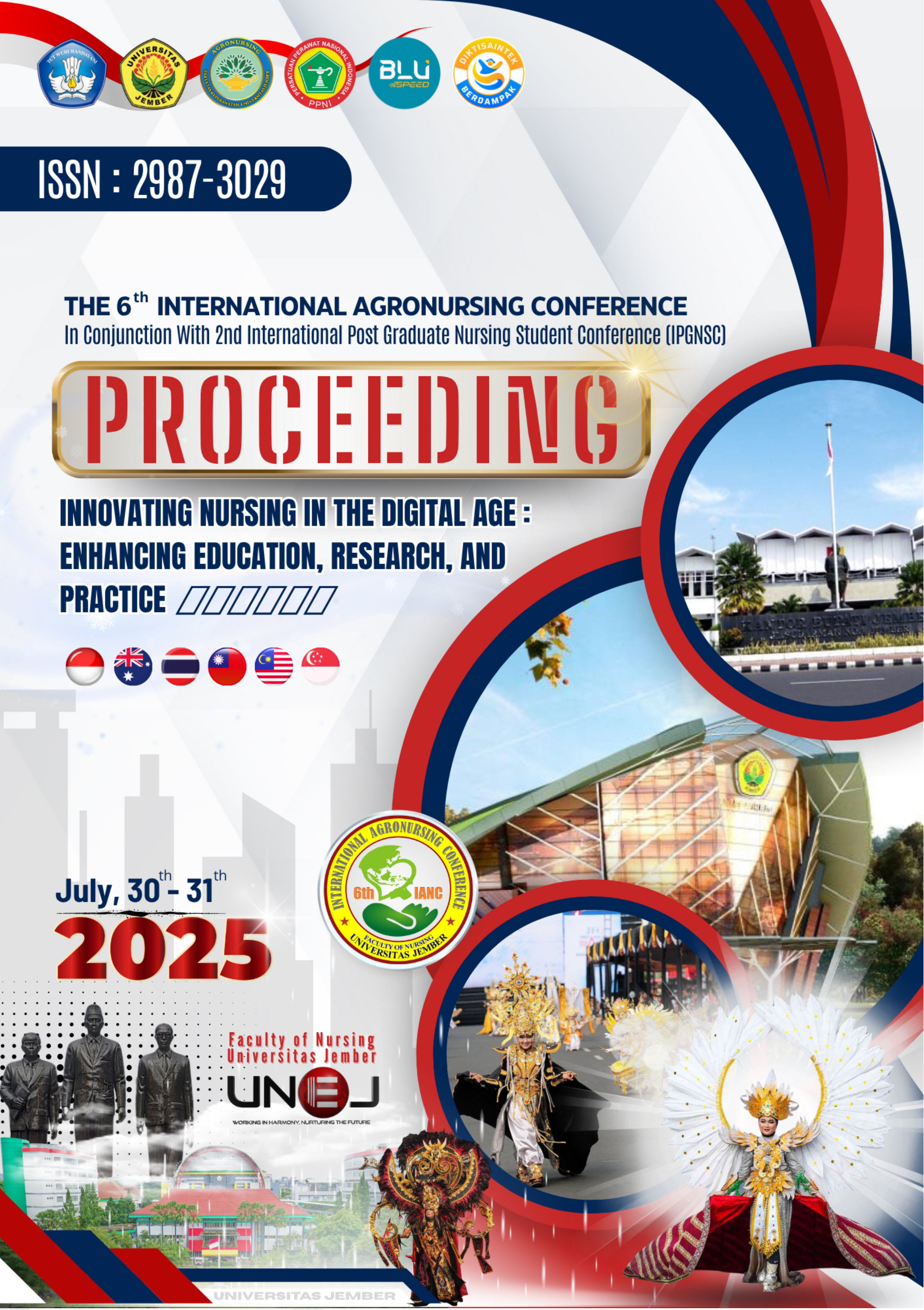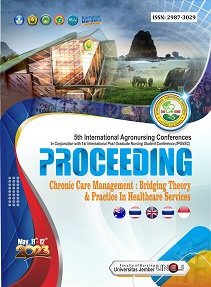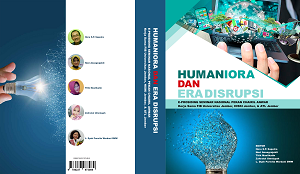THE PSYCHOSOCIAL BURDEN OF CAREGIVERS IN HOMECARE SERVICES AND ITS IMPLICATIONS FOR THE QUALITY OF PATIENT DECISION-MAKING: A SCOPING REVIEW
Abstract
Background: The psychosocial burden experienced by caregivers in homecare services impacts their mental well-being and the quality of care provided to patients. Caregivers often experience emotional stress and exhaustion, which can reduce their ability to make decisions regarding patient care. This study aims to explore how the psychosocial burden affects caregivers' decision-making in patient care and the factors influencing this burden.
Methods: A literature search was conducted through the PubMed, ScienceDirect, and ProQuest databases to identify relevant articles published between January 2016 and December 2024. Out of the 234 articles found, 42 were selected for further analysis after applying the inclusion and exclusion criteria. Eligible articles were analyzed using the Joanna Briggs Institute (JBI) framework, which encompasses various relevant study designs.
Results: The psychosocial burden on caregivers impacts care decisions, as caregivers often choose less expensive care options or delay essential treatments due to stress and exhaustion. Additionally, factors such as the severity of the patient's condition and the lack of social support have worsened the caregiver's burden.
Conclusion: The psychosocial burden on caregivers affects the quality of care provided. There is a need for more accessible psychosocial support programs, and further research is necessary to examine the long-term impact of this burden on caregiver mental health and patient care decisions.








